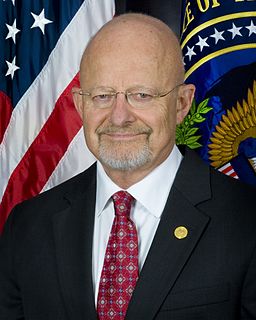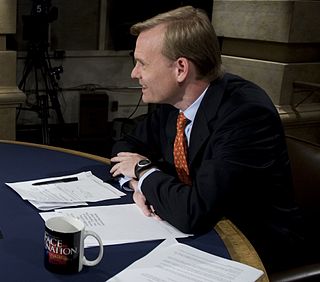A Quote by Asha Rangappa
In practice, presidents have typically tended to think of themselves not just as stewards for their party, but also of the presidency itself - preserving the full scope of its constitutional power for their successors is part of their job.
Related Quotes
The boycott of parliamentary institutions on the part of anarchists and semianarchists is dictated by a desire not to submit their weakness to a test on the part of the masses, thus preserving their right to an inactive hauteur which makes no difference to anybody. A revolutionary party can turn its back to a parliament only if it has set itself the immediate task of overthrowing the existing regime.




































